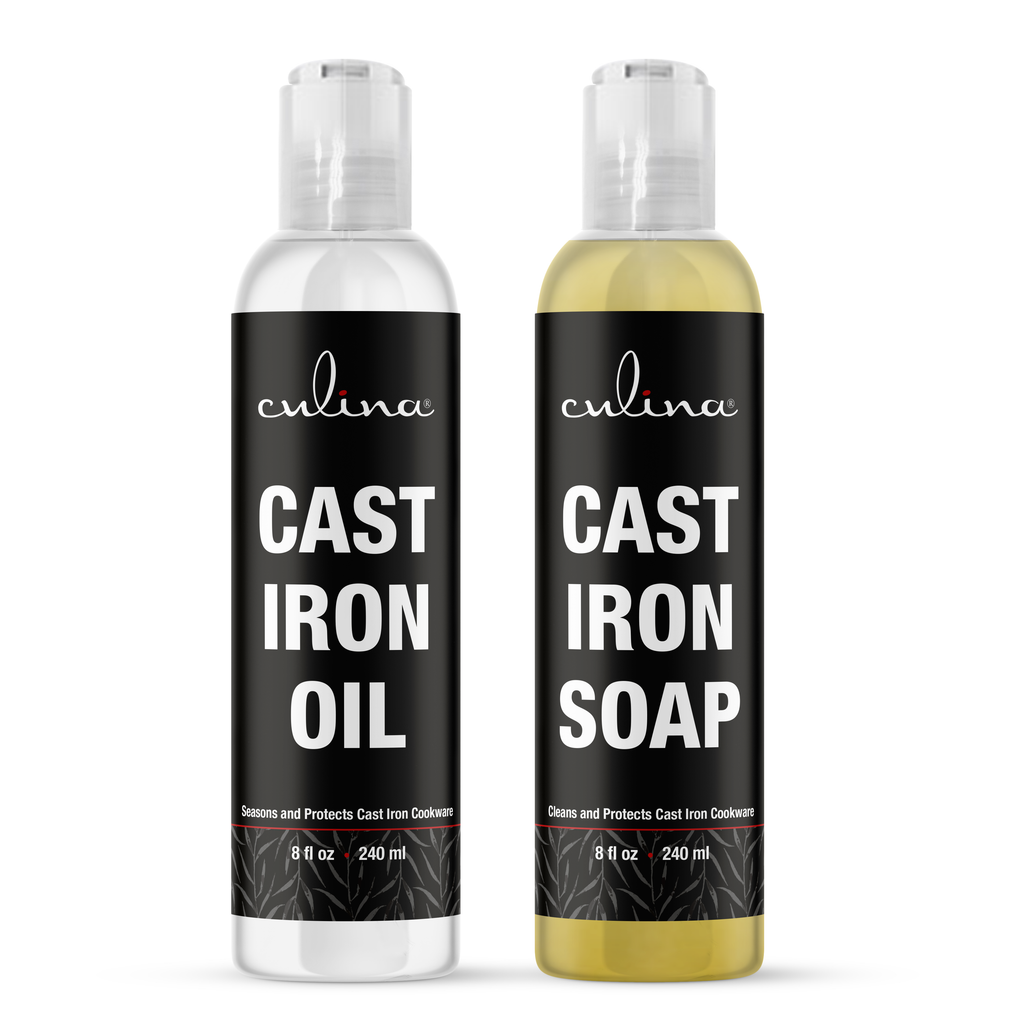Why Safflower Oil is Bad for You? A Beautician's Guide
Safflower oil has been a popular staple in many kitchens and beauty routines. However, for beauticians and skincare enthusiasts, understanding why safflower oil is bad for you is crucial for making informed choices. This article delves into the darker side of safflower oil, unpacking its implications on health and beauty.
While safflower oil may provide some benefits, its potential risks outweigh these positives. Beauticians need to stay informed about the products they recommend to clients or use in their treatments.

Understanding Safflower Oil
Safflower oil is derived from the seeds of the safflower plant. It is often lauded for its high level of linoleic acid, a fatty acid that can help improve skin texture. However, the processing methods and additives can render it less beneficial.
- High in Omega-6 Fatty Acids: One reason why safflower oil is bad for you is its high omega-6 fatty acid content. While our bodies need some omega-6, excess amounts can lead to inflammation and various health issues.
- Processed Oil: Most safflower oil available is highly processed, losing many natural benefits. This process can introduce harmful compounds, making it unsuitable for healthy skincare regimens.
- Potential for Allergies: Some individuals may experience allergic reactions to safflower oil, leading to rashes or irritations. As beauticians, its essential to be cautious of using it on clients who may have sensitive skin.

Skincare Risks Associated with Safflower Oil
The negative effects of using safflower oil can impact both skin health and overall well-being. Here are a few reasons why it may not be the best choice:
1. Can Claimed Benefits Be Misleading?
While safflower oil is often promoted for its supposed skincare benefits, such as providing moisture and improving elasticity, these claims can be misleading. The actual skin penetration of safflower oil is minimal, meaning it may not provide the nourishment that your skin truly needs.
2. Risks of Oxidative Stress
One major concern is the potential for oxidative stress. When safflower oil is exposed to heat, light, or air, it can oxidize, creating free radicals that further damage the skin. This damage can accelerate aging signs, leading to wrinkles and sagging skin.
3. Impact on Skin pH
Safflower oil can disrupt the natural pH balance of the skin, especially for individuals with an already compromised barrier. This can lead to dryness, irritation, and potential flare-ups.

Alternatives to Safflower Oil
Rather than incorporating safflower oil into your beauty regime, consider using oils that offer more benefits without the associated risks. Some excellent options are:
- Coconut Oil: Known for its antiviral and anti-inflammatory properties, coconut oil supports skin health without the drawbacks of safflower oil.
- Olive Oil: Rich in antioxidants, olive oil can hydrate and nourish your skin without the risks associated with safflower oil.
- Jojoba Oil: Its similarity to skin's natural oils makes jojoba oil a fantastic moisturizer that won't clog pores.

Summary
When considering why safflower oil is bad for you, the evidence points to several reasons for avoiding it in your beauty routine. Its processed nature, high omega-6 content, and potential skin disruptions make it less than ideal. Instead, look for natural oils with proven benefits like coconut or jojoba oil.
FAQs
1. Is safflower oil safe for all skin types?
No, safflower oil can irritate sensitive skin and may cause allergic reactions.
2. Can I use safflower oil for cooking?
While it can be used for cooking, consider healthier alternatives like olive oil.
3. What oils are better alternatives for skincare?
Consider oils like coconut oil or jojoba oil for safer skincare applications.
As an Amazon Associate, I earn from qualifying purchases.

